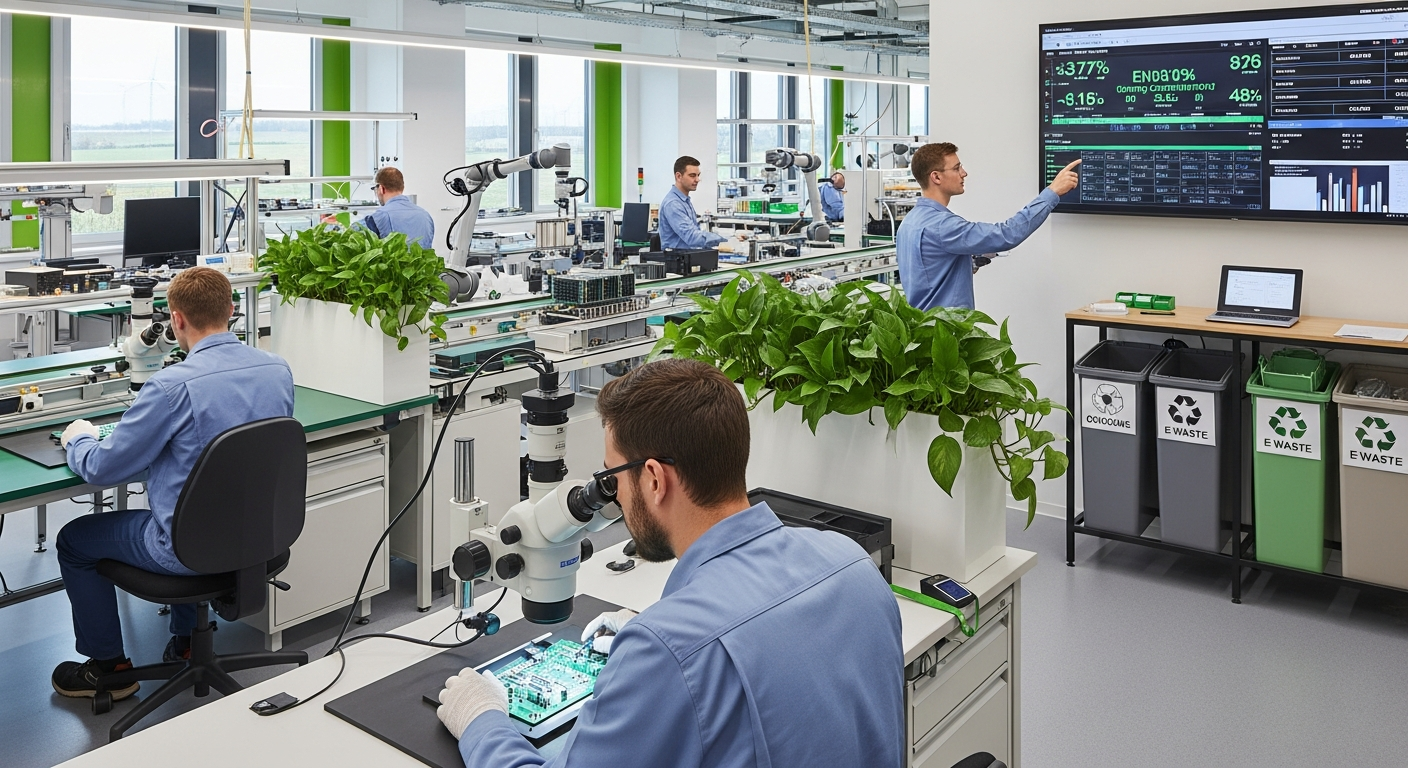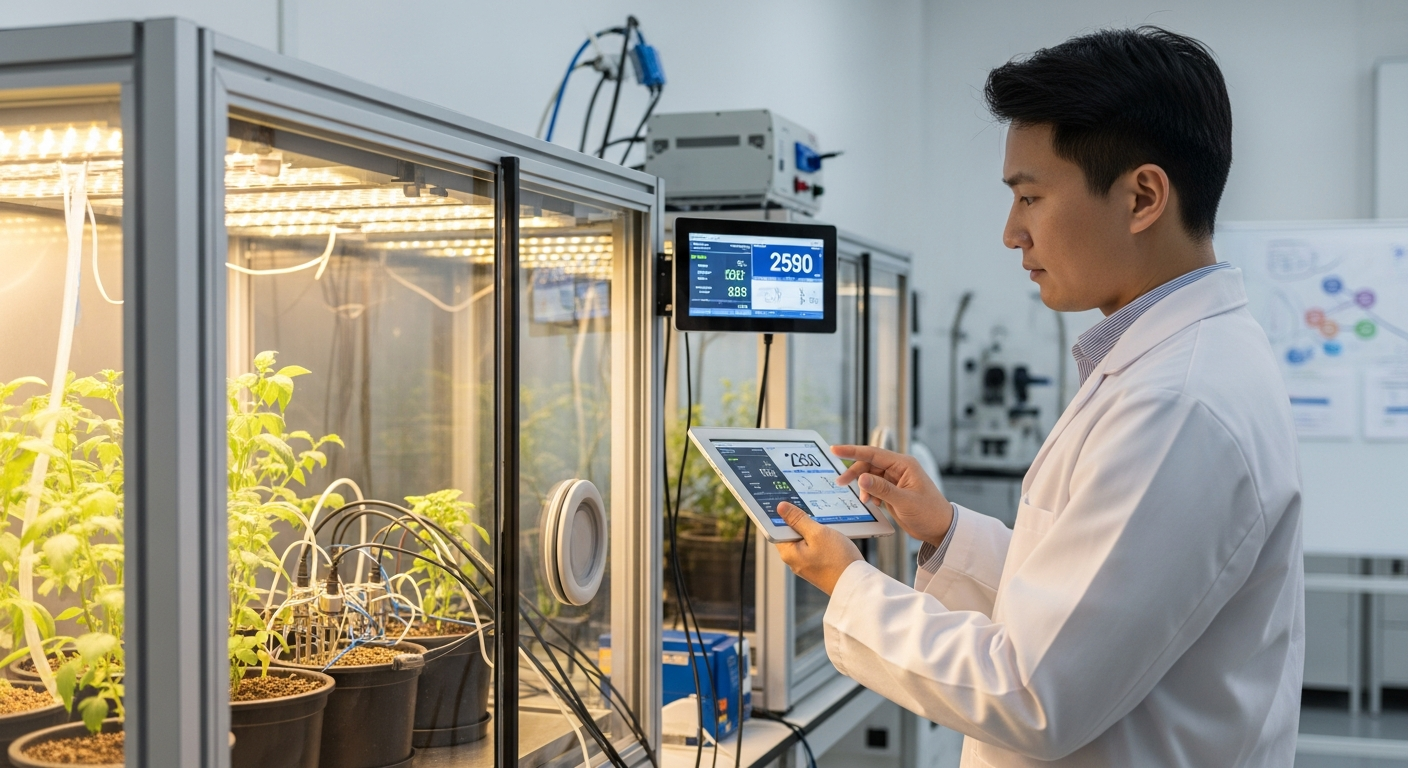Fermented Skincare: The Next Frontier in Beauty
In the ever-evolving world of beauty and skincare, a new trend is quietly revolutionizing the industry: fermented skincare. This innovative approach to skin health draws inspiration from ancient practices and cutting-edge science, offering a unique fusion of tradition and modernity. Fermented skincare products are gaining traction among beauty enthusiasts and skincare professionals alike, promising enhanced efficacy and a host of benefits for various skin types. As consumers become increasingly ingredient-conscious and seek out natural, yet potent solutions, fermented skincare is poised to become a major player in the beauty landscape.
Historical Roots and Modern Revival
While fermentation in skincare may seem like a cutting-edge trend, its roots can be traced back to ancient civilizations. In Korea, fermented ingredients have been used in skincare for centuries, with women traditionally using fermented rice water to cleanse and brighten their skin. Similarly, in Japan, sake brewers were known for their exceptionally soft and youthful hands, a benefit attributed to their constant contact with fermented rice. These traditional practices laid the groundwork for the modern fermented skincare movement, which began gaining momentum in the early 2010s with the rise of Korean beauty trends in the global market.
Benefits of Fermented Skincare
Fermented skincare products offer a multitude of potential benefits that set them apart from their non-fermented counterparts. One of the primary advantages is enhanced absorption. The fermentation process breaks down large molecules into smaller ones, allowing them to penetrate deeper into the skin and potentially deliver more effective results. This increased bioavailability means that even sensitive skin types may be able to tolerate and benefit from potent active ingredients that might otherwise cause irritation.
Another significant benefit is the production of beneficial byproducts during fermentation. These can include probiotics, which help support the skin’s microbiome and strengthen its natural barrier function. Fermentation also often results in the creation of new antioxidants, which can help protect the skin from environmental stressors and combat signs of aging. Some fermented ingredients have been shown to have enhanced anti-inflammatory properties, making them particularly beneficial for those with sensitive or reactive skin.
Key Ingredients in Fermented Skincare
A wide range of ingredients can be fermented for use in skincare, each offering unique benefits. Fermented tea extracts, particularly from green tea and black tea, are rich in polyphenols and have potent antioxidant properties. These ingredients can help protect the skin from free radical damage and may contribute to a more even skin tone. Fermented rice water, a staple in Asian skincare traditions, is believed to brighten the complexion and improve skin texture. It’s rich in vitamins, minerals, and amino acids that nourish the skin.
Fermented soy is another popular ingredient, known for its potential to improve skin elasticity and reduce the appearance of fine lines. The fermentation process breaks down soy proteins into smaller peptides, which may be more easily utilized by the skin. Fermented sea kelp is gaining attention for its hydrating and anti-aging properties, as well as its ability to support the skin’s natural collagen production. Other noteworthy fermented ingredients include ginseng, milk, and various fruit and vegetable extracts, each bringing its own set of benefits to the skincare formulation.
The Fermentation Process in Skincare Production
The process of creating fermented skincare products is both an art and a science. It typically begins with selecting high-quality, often natural ingredients that are known to have skincare benefits. These ingredients are then combined with specific strains of yeast, bacteria, or other microorganisms in a controlled environment. The fermentation process can take anywhere from a few days to several weeks or even months, depending on the desired outcome and the ingredients being used.
During fermentation, the microorganisms break down the ingredients, transforming their chemical structure and creating new compounds. This process is carefully monitored to ensure optimal results and prevent the growth of harmful bacteria. Once fermentation is complete, the resulting substance is often filtered to remove the microorganisms, leaving behind a nutrient-rich, highly concentrated ingredient that can be incorporated into various skincare formulations.
Integrating Fermented Products into Your Skincare Routine
For those interested in exploring the world of fermented skincare, it’s important to start slowly and listen to your skin. Begin by incorporating one fermented product into your existing routine, such as a fermented essence or serum. These products are often designed to be used after cleansing and toning but before heavier moisturizers. Pay attention to how your skin responds and adjust your usage accordingly.
It’s worth noting that while fermented skincare can be beneficial for many skin types, it may not be suitable for everyone. Those with extremely sensitive skin or specific skin conditions should consult with a dermatologist before making significant changes to their skincare routine. Additionally, as with any new skincare product, it’s wise to perform a patch test before applying fermented products to your entire face to check for any potential allergic reactions.
The Future of Fermented Skincare
As research into the benefits of fermented skincare continues to grow, we can expect to see an expansion of this category in the coming years. Beauty brands are likely to invest more in developing innovative fermented formulations, potentially combining multiple fermented ingredients for enhanced efficacy. We may also see an increase in personalized fermented skincare products, tailored to individual skin types and concerns.
The sustainability aspect of fermented skincare is another area ripe for development. Fermentation can potentially make use of byproducts from other industries, such as fruit peels or grains from brewing processes, aligning with the growing demand for eco-friendly beauty solutions. As consumers become more educated about the benefits of fermented ingredients, we can anticipate a shift towards more transparent labeling and marketing practices in the industry.
In conclusion, fermented skincare represents an exciting frontier in the beauty industry, blending ancient wisdom with modern science to create innovative and effective products. As this trend continues to evolve, it has the potential to revolutionize our approach to skincare, offering new solutions for a wide range of skin concerns and furthering the movement towards more natural, yet scientifically advanced beauty products.







